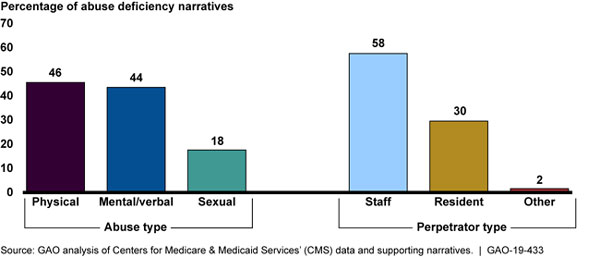
A recent Barron’s article discusses ways in which adult children can protect their parents from financial fraud. Elder Financial Abuse is estimated to defraud older Americans of somewhere between the disparate estimates of $3Billion to $35Billion a year. The large disparity is due to the number of data sources, and estimations of unreported abuse, but suffice it to say, it is a problem.
While the elaborate means scammers take to defraud our aging parents of their resources are popular to write about, focusing on these threats ignores where 85-90% of defrauding takes place – within the immediate family of the victim. According to a report by the National Committee on Aging,
Over 90% of all reported elder abuse is committed by an older person’s own family members, most often their adult children, followed by grandchildren, nieces and nephews, and others.
Source: National Committee on Aging
My friend and colleague, Cynthia Healy, has years of experience investigating elder financial abuse, and she produced this short segment on family theft. Other resources can be found on her website gogrey.com.
The best way to address this 800 lb gorilla is to teach the virtue of honor in our family systems, and specifically how honor shapes the attitudes or actions that we take towards our elderly parents and/or their resources. Much of the familial elder financial abuse is subtle and occurs out of a sense of entitlement, the perpetrator justifying his actions under the guise of “mom won’t miss this.”
Still for those adult children who do honor their parents and their parents’ possessions, these articles offer practical and relational advice.
To help aging parents protect themselves, their grown children must tactfully broach the subject of their vulnerability. The key is to adopt an attitude of empathy and non-judgment, says Amy Nofziger, director of fraud victim support at AARP, an advocacy organization for older Americans. “Always start the conversation with empathy and compassion, and don’t be paternalistic,” she advises.
Source: Advisors Offer Precautions on Keeping Financial Scammers Away. – Barron’s



